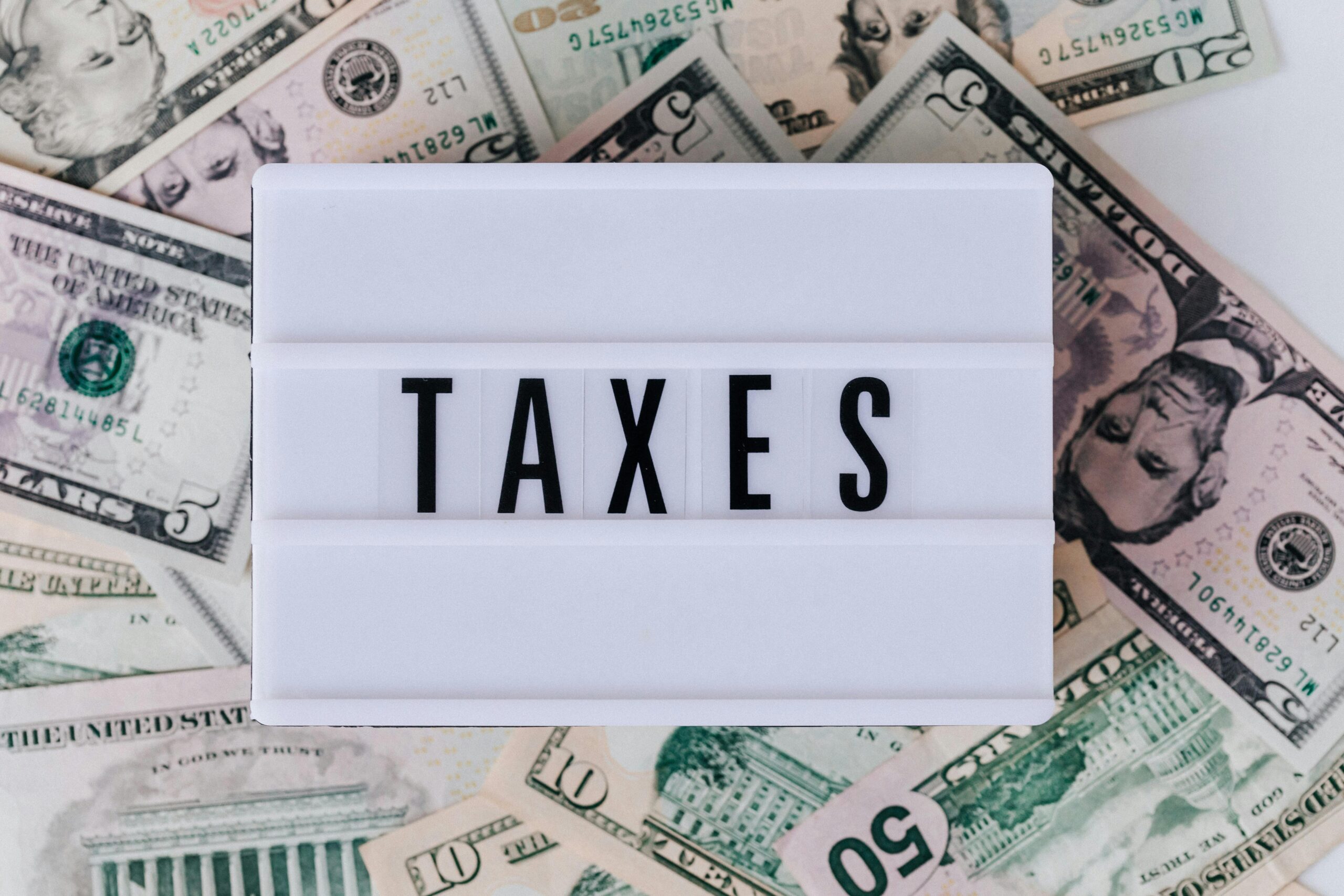The U.S. House of Representatives (henceforth the “House”) recently passed a bill that includes a 3.5% remittance tax on money transferred from the U.S. to foreign countries. As part of the dubiously named One Big Beautiful Bill (OBBB), this tax has been widely condemned in Mexico as an assault on workers sending money to their families overseas. Far less attention has been paid to the impact this tax would have on money transfers by U.S. citizens living abroad.
The U.S. Senate is currently debating this bill, and it’s unclear if the remittance tax (also referred to as an excise tax) will survive in its current form. But for Americans living outside the U.S. who regularly move money from U.S.-based accounts to foreign accounts to cover their living expenses, it’s kind of a big deal.
So I decided to take a closer look at what it would mean for U.S. expats if it becomes a new law.
What is the Remittance Tax?
To be clear, the proposed new remittance tax (included in Section 4475 of the House bill) would apply to non-commercial electronic payments made by individuals in the U.S. to recipients abroad (such as family members, friends, or even yourself if you maintain bank accounts in multiple countries).
This provision was designed to hit immigrants living in the U.S. when making money transfers to their home countries. In its current form, several additional groups would be subject to the remittance tax, including high-skilled foreign workers in the U.S. on H-1B visas, tourists who send money to foreign accounts while visiting, and Green Card holders.
The proposed new tax could also impact transactions by a U.S. citizen sending money to themselves from a U.S.-based bank account and a foreign bank account, unless certain conditions are met. While international money transfers by U.S. citizens weren’t the intended target, it doesn’t make much difference — Americans living abroad will need to clear several hurdles to avoid paying these new taxes.
Who is Exempt from Paying the Remittance Tax?
The bill that passed in the House contains two provisions to exempt U.S. citizens and nationals from paying the excise tax. For people who qualify, avoiding the tax requires doing one of two things:
- The sender proves they are a U.S. citizen by using a “qualified remittance transfer provider” (QRTP). According to the law firm Holland & Knight, A QRTP is a financial institution that enters into a written agreement with the U.S. Treasury and commits to verifying the sender is a U.S. citizen or national. Notably, even when the sender fits this description and is exempt from paying the tax, a QRTP must still report the international money transfers to the IRS.
- The U.S. citizen or national applies for a tax credit on their annual tax return filing. In this case, the exempt transaction still incurs the tax — but it gets refunded to the U.S. citizen or national at a later date. This could happen if the sender doesn’t use a QRTP (maybe they used a convenience store) or lacked the correct documentation to prove their exempt status when the money was sent.

What You Must Do to Avoid Paying the Remittance Tax
To avoid shelling out 3.5% to the federal government each time you move money, U.S. citizens living abroad should transact only with QRTPs and keep detailed records of their annual international money transfers.
As of now, there’s no information on who the QRTPs are, since the proposal hasn’t become law yet. But when it does, there will be more reporting hurdles and/or ID-verification headaches imposed on U.S. citizens and the financial institutions facilitating international money transfers to comply with the new rules. (Currently, there are no taxes or reporting requirements on international money transfers)
It seems that the U.S. Congress cannot resist making the annual tax filing process ever more complex and costly for its citizens, which helps to further enrich the cottage industry around tax preparation help.
Another point worth noting is how the new excise tax burden could fall disproportionately on those who don’t technically owe it but aren’t financially savvy, namely, elderly retired U.S. citizens living abroad on fixed incomes.
If they don’t use a QRTP or cannot prove their citizenship at the time of the transaction, they would pay the tax upfront. Many would see money diverted that many cannot afford to lose — and have to deal with the onerous task of getting reimbursed by the government at year-end.
This tax could also prompt some senders to engage in risky behaviors as a means of tax avoidance. These methods could include sending physical cash through the mail to foreign recipients, transferring funds to recipients abroad via dodgy cryptocurrencies, or asking U.S. citizens to transfer funds on a non-citizen’s behalf.
Is the 3.5% Remittance Tax a Done Deal?
Fortunately, not yet.
The tax rate could be raised, lowered, or eliminated during negotiations in the U.S. Senate. As of now, my crystal ball is fuzzy on how this will play out, but one thing is clear…
The U.S. President is adamantly for it.
The only good news I’ve found on this topic is that the remittance tax – if it does become law – would apply to transfers taking place after December 31, 2025. Therefore, they won’t tax you on money transfers you’ve done and will do this calendar year.
Now we’ll just have to wait and see if lobbying against the new tax by foreign governments, fintech companies, and groups representing U.S. citizens living abroad persuades enough Senate Republicans to oppose the measure and have it stripped from the final legislation.

